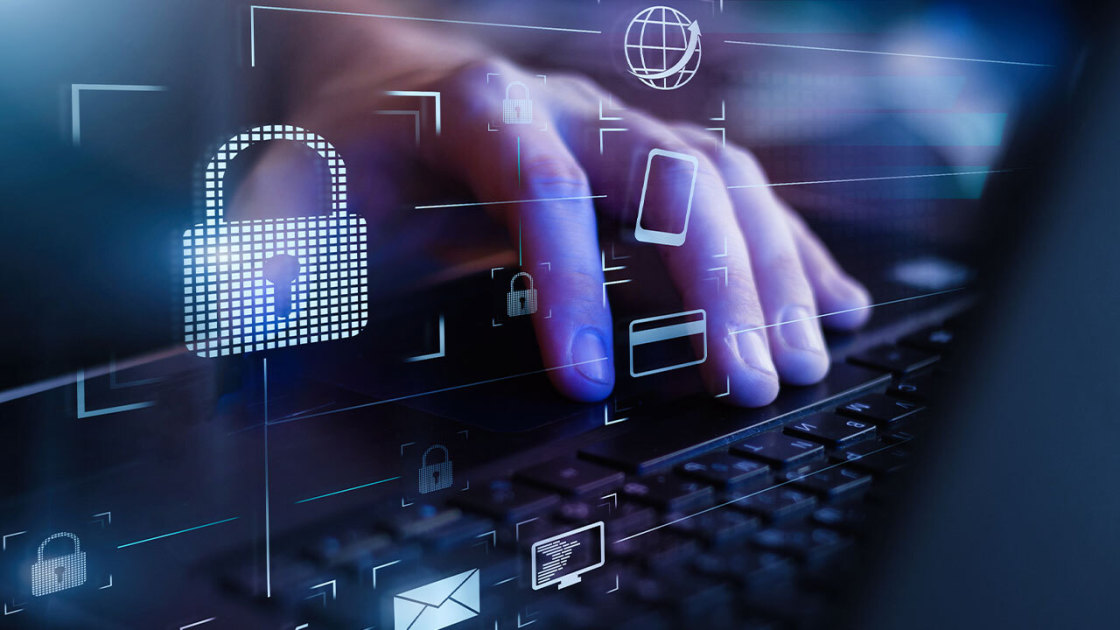
Today, many people operate almost everything through the internet. With the increased technological trends, you can store data online, make transactions through your online accounts, among other activities.
While this is effective, it is also a threat to your accounts if you do not implement security measures. This is because online hackers are now implementing creative strategies to hack systems and manipulate data for malicious intentions.
Online Accounts and Data Security
If your data has ever been hacked, leaked, or stolen, you already know the pain of dealing with the incident and its effect. Both old and new online accounts are at high risks of cyber-attacks, and that is why you need to implement security measures to keep your accounts safe and free from cyber threats. To help protect digital assets such as email, photos, and social media, GoodTrust can help protect the memory of your loved ones after they have passed away.
Third parties accessing your information can lead to data breaches, and you can also lose a lot of money In the long run. This can also affect your business’s credibility, causing you to lose your existing clients and your market share.
Also, a third party can still access your online accounts without hacking your system. Sometimes, you can sign in to an app, and you wouldn’t know if your data is safe or not.
3 Ways to Keep Your Online Accounts and Data Safe
Change Your Passwords
If you’ve been using the same password for an extended period, you risk losing vital information to online scammers. Someone with malicious intentions can copy your password from elsewhere and hack your online accounts.
Once they access your accounts, they can easily change your password and username and get complete control over your account. Unfortunately, scammers will demand a ransom before releasing your accounts.
If you lose your accounts entirely, you will have lost vital information that you may never recover. To increase security, begin by checking accounts that have already been compromised and change the passwords. Keep changing the passwords often.
Keep Off Public Networks
Network sharing is one of the most common reasons accounts get hacked. Most people often log in to other Wi-Fi with personal information, which exposes passwords and usernames to online hackers.
Jumping into an internet connection at your local coffee shop might be the beginning of your frustrations. Scammers can access your details and use them against you.
So, try as much as possible to use a private network. But if you must use a shared network, install a high-quality firewall and minimize the time you spend online. Also, avoid transacting online with sensitive details or making huge financial transactions.
Additional Security Layer
Consider installing a network solution with a firewall and monitoring features to make your online accounts more robust and safer. Even if your passwords and usernames have already been compromised, you can add two-factor authentication to your existing password.
This builds good trust and makes your online account more secure, keeping your data safe. Even if hackers try to break into your accounts, they will need to prove that they are the account owners by furnishing two-factor authentication details or fingerprints.
The Bottom Line
Implementing the tips above can prevent malicious attacks and help you continue using your online accounts seamlessly. This gives you peace of mind, knowing that your information and online accounts are safe.